Top Things Car Owners Must Avoid Doing To Their Car
In the course of various articles, we have talked about the dos and don’ts of the tyre. Today, we are going to be focusing on a different topic. Vehicles have evolved over the years. However, people are still stuck with old beliefs about their cars. What we need to understand is that the cars of today are technologically more advanced than before. They are also better in quality. Therefore, as vehicles have evolved, our thinking should do.
Hence, this article will be focusing on the top things’ car owners must avoid doing to their vehicles. These points may have been valid before but now. So, pay close attention.
1. Pressure Washing the Engine
The reason for mentioning this first is that many people end up damaging their vehicles because of it. In the past, pressure washing your engine was acceptable. The engine was not as sophisticated as today. There were fewer electronic components and sensors embedded into it. However, today's engines are technologically advanced than too.
If you pressure wash the engine, you are likely to end up damaging the various electric components, sensors and other parts embedded into it. What you will end up is a costly repair or replace the engine altogether. Therefore, avoid pressure washing the engine. There are more appropriate and safe ways to clean the engine.
2. Driving with the Engine Light On
There is no reason for you to drive with your engine light on as you are only risking damaging your car. If the engine light stays on (longer than 6 seconds) after starting the vehicle, it indicates that there is a minor fault within the car. The best thing to do is to take the car to a repair centre immediately.
On the other hand, a blinking engine light means that there is a severe fault within the vehicle. In such a case, the best thing to do is to pull over and turn off the vehicle. Try to inspect what is wrong and look at the car temperature too. No matter how well versed you are in cars, PitStopArabia recommends calling a professional to check the vehicle as it is the safest option.
3. Ignoring Warnings on the Dashboard
Apart from the check engine light, there are various other indicators on the dashboard. Never ignore them. For example, if the tire pressure monitoring system light stays on even after driving around for a while, it means that the tyres are improperly inflated. Drive into the nearest service centre to get the air pressure of each tyre checked. Likewise, keep an eye on the temperature gauge.
4. Improper Coolant
The coolant is vital as it protects the engine & cooling system from corrosion. The days when you could put any coolant in your car are long gone. As mentioned before, today’s vehicles are extraordinarily complex and advanced than before. Always use a coolant which is compatible with your car. Otherwise, you are likely to damage the vehicle. The list of compatible coolants can be found inside the car owner’s manual. If you do not have the owner manual, you can consult a professional.
5. Revving Up the Engine
This is one mistake we all mistake for one reason or the other. Revving up the engine, especially after starting the car in the morning can prove to be costly in the long run. The reason is that the essential oils have not reached all the components of the vehicle. By revving the engine, you are exerting pressure on the vehicle. Without oil, the components can be damaged due to unnecessary stress.
Moreover, some of the younger drivers have a terrible habit of revving the engine when it is stationary at the traffic signal. As soon as the light goes green, they put the car into 'D' and speed away. While it does feel nice; what they do not understand is that you can end up damaging your gearbox this way along with the engine.
6. Overloading the Vehicle
We have talked about this before as well. The only reason we are mentioning it again is that people need to understand the importance of respecting the weight limit. The tyres are responsible for handling the weight of the vehicle, passengers and cargo. But like all machines, they too have a limit.
The limit is referred to as the tire's load index. The load index is written on the sidewall of every tire. Loading a vehicle beyond the load limit will lead to tyre burst, damage to the engine and the suspension. Therefore, never overload your vehicle. Also, in the UAE, you can be fined for overloading.
7. Driving with an Almost Empty Fuel Tank
Seeing the fuel gauge on full is a real satisfaction for most of us. While others are risk-takers and continuously drive on a nearly empty fuel tank. But they fail to realize is that they not only are they taking an unnecessary risk but are also damaging their vehicle. The fuel acts as a lubricant for the fuel pump. When the fuel is almost at its end, the fuel pump does not get enough lubricant. The result is that the fuel pump will wear out quickly.
Also, we may like to think that the fuel is pure, but it is not. It has many contaminants which settle down at the bottom of the fuel tank. When you are driving on a depleted fuel tank, the pollutants can escape into the fuel pump and eventually into the engine. Trust us when we say that this is the last thing you would want.
8. Shifting from D to R or R to D Without Stopping the Car
Many of us develop the habit of shifting into reverse (R) from drive (D) and vice versa without bringing the car to a full halt. What we need to understand is that this is a costly mistake. Doing so without stopping the car can damage the transmission system, which is quite expensive to repair.
9. Resting your Foot on the Clutch
For car owners with a manual transmission, this is a vital point to keep in mind. Resting your foot on the clutch can cause premature wear and tear of the clutch plate. Therefore, once you are done changing your cars, take the foot off the clutch. Instead, use the off-clutch footrest.



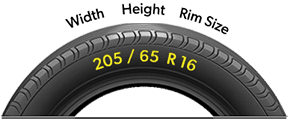



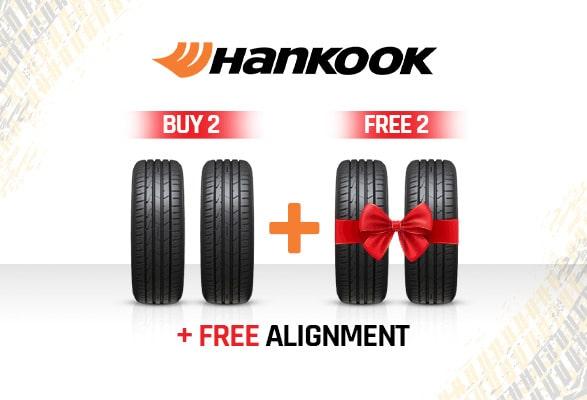

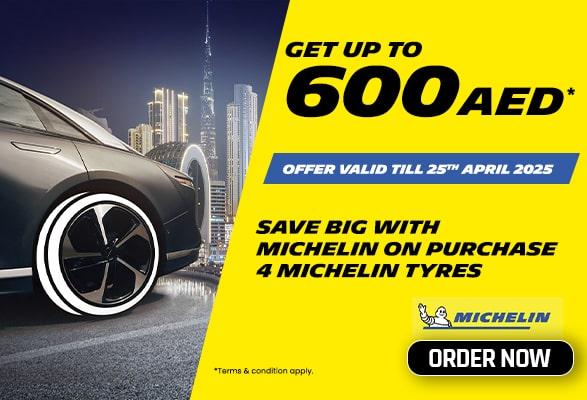
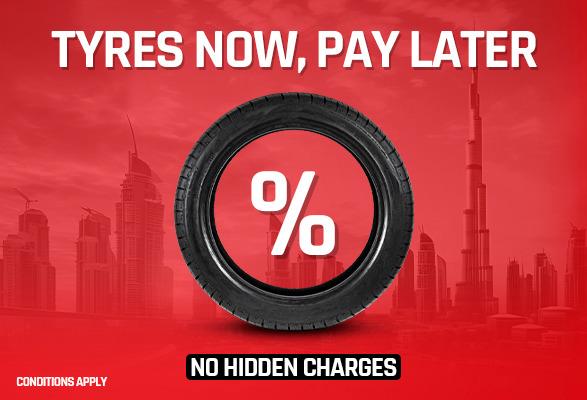
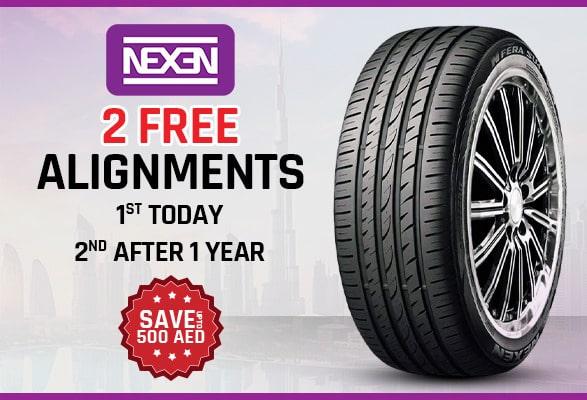
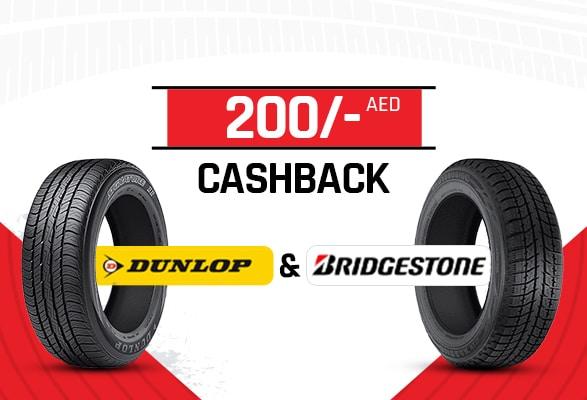
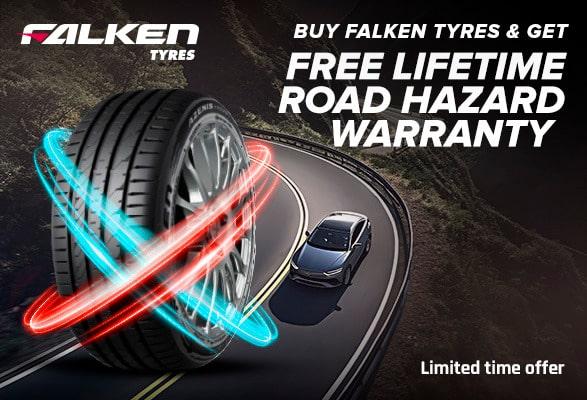



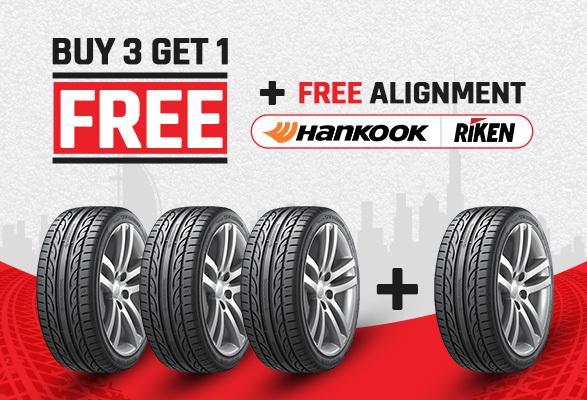
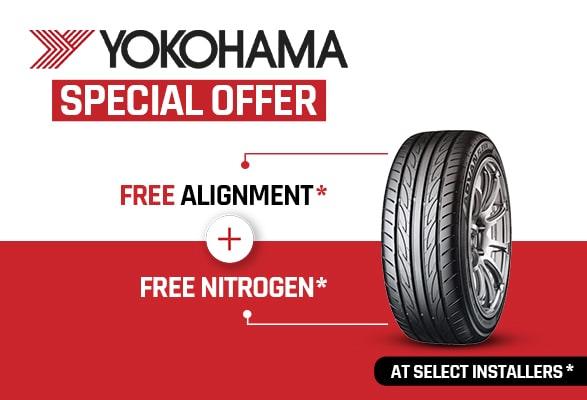
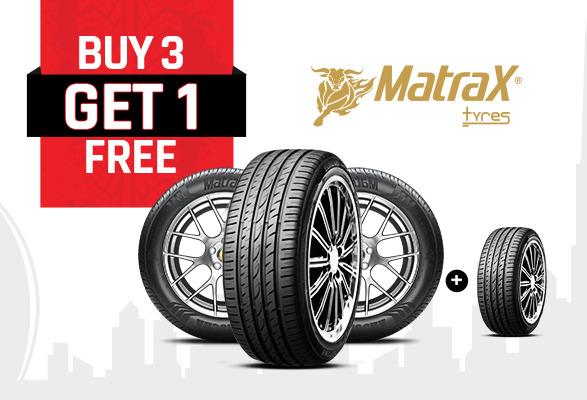

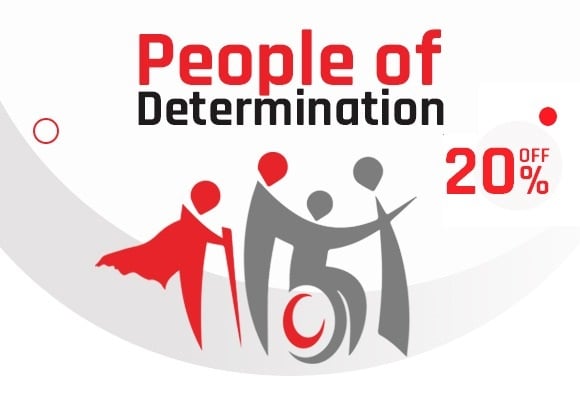





















Final Thoughts
This concludes our article today. Please keep these points in mind to ensure a safe & comfortable driving experience. Your feedback is valuable to us. Therefore, let us know what you think about the points we have covered. Thank You.